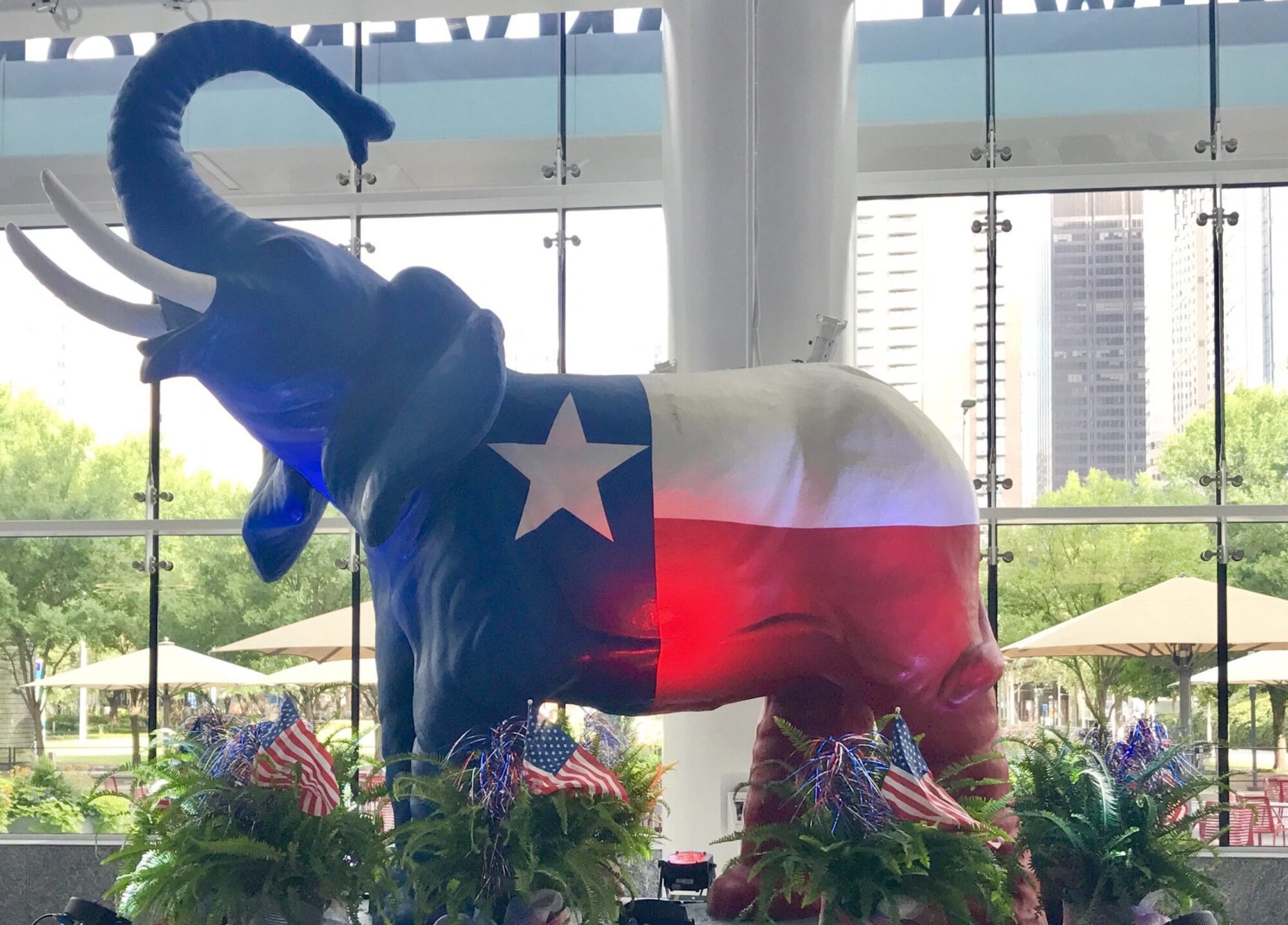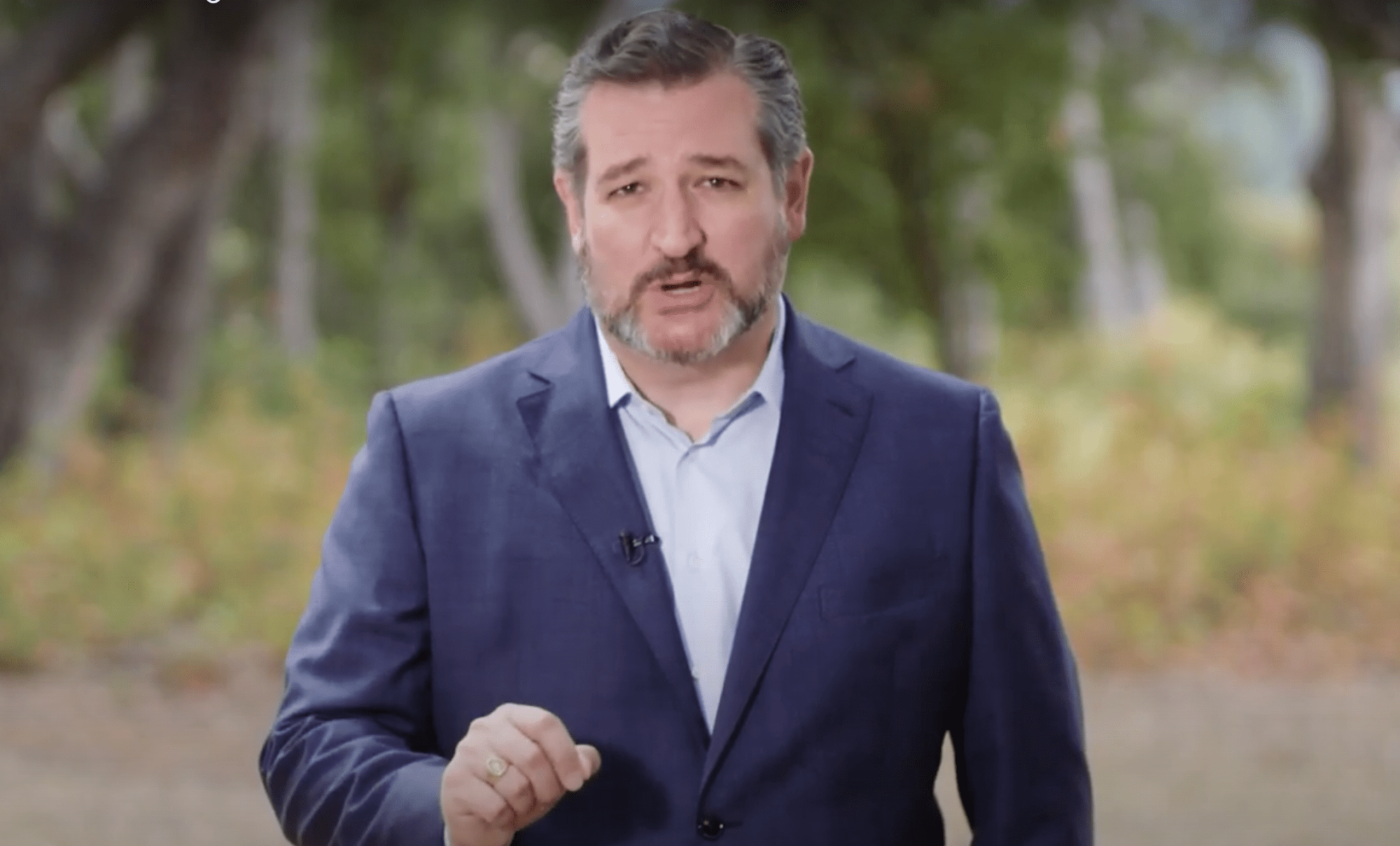Today marks day 70 of the 140-day legislative session. Put another way, we are exactly halfway to Sine Die or the end of the 87th legislative session.
In many ways Day 70 feels similar to day four or five in that not too much has actually happened as far as bills moving through the legislative process, though committees are starting to ramp up to make up for lost time. Though self-imposed rules in both chambers prevent lawmakers from passing bills during the first 60 days of the session, there is an exception for items deemed “emergency” priorities by the governor.
Abbott’s “Emergency” Legislative Priorities
On February 1st (Day 21 of 140) Gov. Greg Abbott announced his first round of “emergency” legislative priorities in his biennial state of the state address. These included items like expanding broadband internet access, punishing local governments who defund the police, bail reform, election integrity reform, and civil liability protections for businesses that remained open during the pandemic.
The legislature could have immediately moved to consider these items within the first 60 days of the legislative session (January 12 – March 12) but chose not to. Instead, the House of Representatives only convened in person 21 times for a total of about 15 hours. The Senate, likewise, had only convened 9 times for a total of about 10 hours.
Compare that to previous legislative sessions and it is obvious that both chambers met for significantly less time altogether.

A Winter Storm Interruption
In mid-February (starting day 34 of 140) a severe winter storm left millions of Texans without electricity and drinkable water. The weeks that followed have been consumed with ongoing debates related to how to reform entities like Electrical Reliability Council of Texas (ERCOT) and how to address the issue of residential ratepayers who received astronomical bills as a result of the Public Utilities Commission (PUC) keeping artificial market caps at the ceiling for longer than some considered necessary to incentivize power generators to actually generate and distribute power.
The storm prompted Abbott to add ERCOT reform and the “winterization” of utilities and power generation facilities around the state to his list of “emergency” priorities. Investigative committee meetings in the wake of the storm have brought about few answers thus far but have acted as catalysts for resignations of all three PUC commissioners and the CEO of ERCOT.
House of Representatives
It was not until March 8 (Day 56 of 140) that House Speaker Dade Phelan (R – Beaumont) announced the first of his legislative priorities. All of them pertained to potential solutions related to the fallout of the winter storm in February, with the speaker being relatively silent so far on other priorities.
The House has yet to consider any bills in the overall House of Representatives as none have made it through the entirety of the committee process.
Senate
Lt. Governor Dan Patrick (R) announced his 31 legislative priorities on February 23 (Day 43 of 140). Many of these priorities corresponded to those of Abbott’s. Some of them included stopping taxpayer-funded lobbying, protecting freedom of worship and religion, as well as nursing home visitation rights.
The Senate has already passed a few bills out of its chamber and sent them to the House of Representatives to include things like Senate Bill 25 and Senate Joint Resolution 19 which would allow for the designation of an “essential” caregiver for in-person visitation to state-supported living centers and nursing homes, and prohibit those facilities from ever preventing visitation.
They also quickly passed a bill that was filed just hours before as a fix for the PUC billing issue left in the wake of the severe winter weather. The House referred that bill to the State Affairs Committee but has yet to consider it in any formal hearing.
Activist Priorities
With regard to the priorities of activists across the state, it is a mixed bag. You can follow along with the status of the priorities of both the Republican Party and Democrat Party by using the Texas Scorecard tracker.
Some election integrity bills have already received hearings in committee while others are scheduled soon. Bills related to the abolition of abortion were heard last week in the Senate State Affairs committee and voted out favorably. Constitutional carry-related bills are being heard this week in the House Homeland Security and Public Safety Committee. A bill seeking to ban the practice of taxpayer-funded lobbying is being heard in the House State Affairs committee this week.
Bills related to monument protection, school choice, gender modification, or executive overreach have yet to be scheduled for a hearing in any committee in either chamber.
Redistricting
In a normal legislative session, the data legislators rely on to help them draw the maps that are considered as a part of the overall decennial redistricting process would be given to them by April. It was announced last month that the delay in this data would be until September which potentially sets the stage for either a special legislative session called by the governor to address the issue or the use of the Legislative Redistricting Board composed of a few statewide elected officials to draw the maps together.
This delay potentially means that the 2022 primary elections will be delayed as well as prolonging the overall campaign season.
It is unclear how much, if at all, the redistricting committees in the House and Senate meet in regular session or how much the politics that undoubtedly surround the process impact this legislative session.
What It All Means
A lot can and most likely will happen over the course of the next few weeks leading up to the close of the regular legislative session, which ends May 31.
The only thing that legislators are constitutionally required to consider and ultimately pass is a balanced biennial state budget. This session it has taken the form of Senate Bill 1, and has already had several committee hearings where the Senate Finance Committee has fielded testimony from the various heads of agencies that would be impacted. In sessions past, the overall budget bill has been considered by the body of both the state Senate and House of Representatives in the first few weeks of April.
Expect that other gubernatorial “emergency” legislative priorities will continue to make their way through the legislative process as well. The larger bills addressing Abbott’s number one legislative issue of rural broadband expansion received their first committee hearings last week. The omnibus election integrity bills have been set for their first hearings in the House Elections Committee and Senate State Affairs Committee this week, respectively. Bills punishing local governments that defund law enforcement are also being heard this week for the first time. A bill looking to reform bail was heard in the Senate Jurisprudence committee last week but left pending. A bill related to pandemic liability protections has been set for a hearing this week in the Senate Business and Commerce committee.
Thus far, bills related to ERCOT reform and utility protection related to the winter storm have consumed much of the oxygen in the legislature. House and Senate leaders appear to have different views on how to fix the ongoing billing issue, while the governor has also been reluctant to weigh in in any real way other than to leave it to the legislature.
The question on many Texans’ minds has to be how much time those issues consume in the latter half of the legislative session and whether other priorities fall victim to the very real legislative clock.





